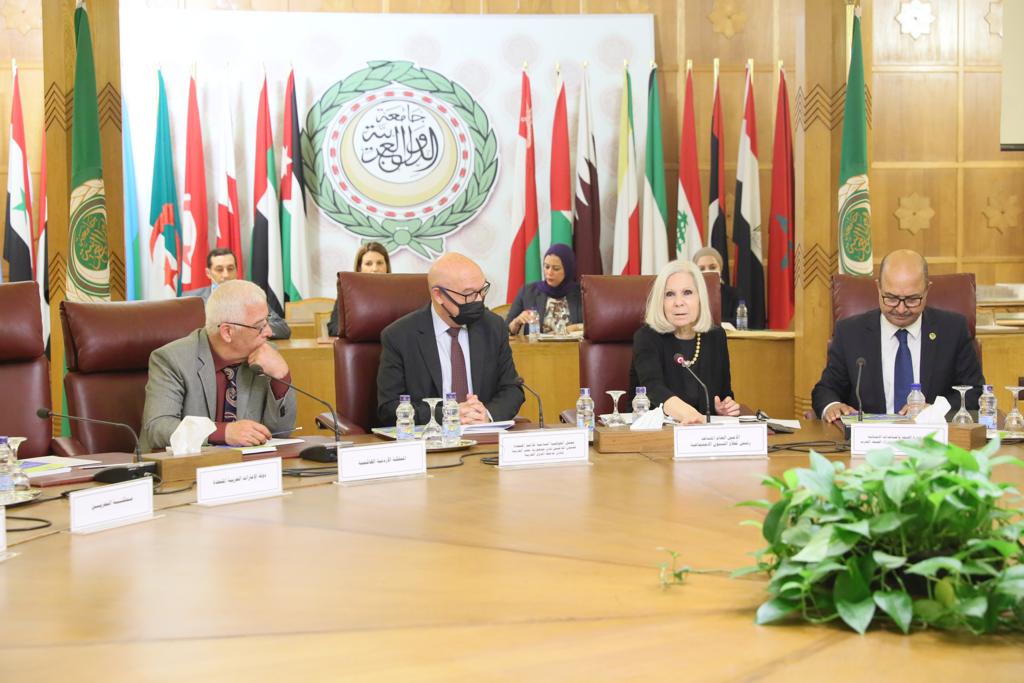LOC15:28
12:28 GMT
 The Arab League and the UNHCR launch a strategy to provide health services for refugees
The Arab League and the UNHCR launch a strategy to provide health services for refugees
CAIRO, June 21 (KUNA) -- The Arab League and the United Nations High Commissioner for Refugees (UNHCR) launched, on Tuesday, "The Arab Strategy on access to public health serves in asylum and displacement context in the Arab region."
In a statement, Arab League Assistant Secretary-General Ambassador Haifa Abu Ghazaleh welcomed the strategy and its action plan, which will provide health care to refugees to mitigate the effects of asylum in the Arab region and supports the efforts made by the countries hosting them.
The strategy aims to provide health services to refugees and asylum seekers in Arab member states to control diseases and early mortality rates by supporting and improving quality health care services, she explained.
The approval of this strategy came after a number of consultative meetings with experts from the ministries of health in the Arab countries,, Abu Ghazaleh noted, expressing her belief in the importance of achieving the third goal of the (Sustainable Development 2030).
The first Arab workshop will be held no Tuesday and Wednesday to follow up on the implementation of this strategy, in cooperation and coordination with the Office of the UNHCR.
For his part, the representative of the (UNHCR) to Egypt Pablo Matteo, praised the progress witnessed in health care sector in the Arab countries, "despite its decline in middle or low-income countries and conflict areas."
In a similar speech, Matteo pointed out that the refugee movements have caused pressure on the health care systems in the host countries, which led to the growth of health concerns and problems that affected the refugee and displaced communities, "especially the most vulnerable groups."
He praised the strategy, which will "ensures all refugees have access to their rights to life-saving health care, reproductive health services, and food security, nutrition, water and sanitation services."
This strategy was prepared in cooperation with the Office of the United Nations High Commissioner for Refugees in Cairo and reviewed by experts concerned with the ministries of health in the Arab member states before being approved by the Council of Arab Health Ministers.(end)
mfm.rg.nhq